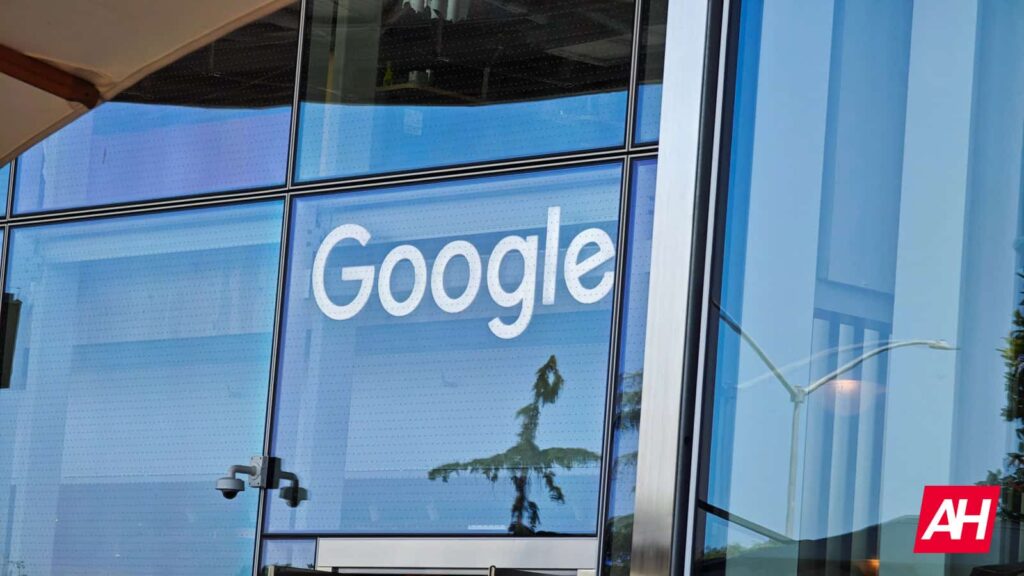In today’s interconnected world where information is constantly flowing, Generation Z has emerged as a unique demographic with distinct characteristics when it comes to their relationship with digital media. Born between the late 1990s and early 2000s, these young individuals exhibit a level of skepticism towards traditional information channels while also showcasing a high level of digital proficiency that surpasses previous generations. Interestingly, many Gen Z members have opted for alternative platforms over Google for their search results.
This shift in behavior is not random but rather a result of growing up in a rapidly changing digital environment where trust and authenticity hold significant value. The interaction between Gen Z and digital media is marked by contrasts, such as their quick adoption of new platforms and technologies alongside a greater distrust of conventional sources.
Generation Z stands out as digital natives par excellence, being the first group to have been completely immersed in the digital age from birth. Surrounded by electronic devices from a young age, these individuals have a natural affinity for technology, viewing it not as a tool to learn but as an inherent part of their lives.
Unlike millennials who witnessed the transition to the digital era, Gen Z has never known a world without the internet. Their ability to adapt swiftly to new platforms, understand intricate interfaces, and differentiate between high-quality and unreliable content is far superior to that of previous generations. This proficiency stems from a deep understanding of digital ecosystems and their unwritten rules.
One of the defining traits of Generation Z is their skepticism towards traditional sources. Research indicates that they have low trust in established brands and prefer smaller or emerging companies. This skepticism has been shaped by their experiences during times of economic uncertainty, environmental challenges, and political divisions, all extensively covered in digital media.
A recent survey revealed that a significant percentage of Gen Z individuals, along with millennials, are skeptical of the information they come across online. This skepticism leads them to fact-check information more frequently and abandon media outlets they perceive as biased.
There has been a noticeable shift in how young people consume information, with a majority relying on social media for news rather than traditional sources like television and print newspapers. This change reflects a deliberate search for information that aligns with their values and expectations.
Interestingly, a large portion of Gen Z now turns to platforms like TikTok for information before resorting to traditional search engines like Google. This preference for visual, personalized content on social media poses a challenge for Google, which has long been the dominant gateway to online information.
Google’s role in the media landscape is significant, with the company investing heavily in initiatives to support quality journalism. However, the changing search habits of Generation Z are prompting a reevaluation of SEO strategies to encompass other platforms beyond traditional search engines.
With a growing reliance on influencers and content creators for information, Gen Z places a high level of trust in these individuals over traditional media. The personal connections and transparency maintained by influencers contribute to this trust, which is often lacking in mainstream media.
As artificial intelligence becomes more prevalent in content creation, the line between human-generated and AI-generated content is becoming increasingly blurred. This poses new challenges to digital trust, particularly among younger generations who must navigate a landscape where distinguishing between human and machine-created content is complex.
In conclusion, Generation Z’s relationship with digital media is characterized by a blend of skepticism and expertise. Their critical assessment of information sources, coupled with their digital proficiency, is reshaping the future of media consumption. To connect with this generation, transparency, authenticity, and adaptability to new communication forms are key. Gen Z is setting new standards for digital trust, actively shaping the future of media and communications with their informed skepticism and innate digital skills.

